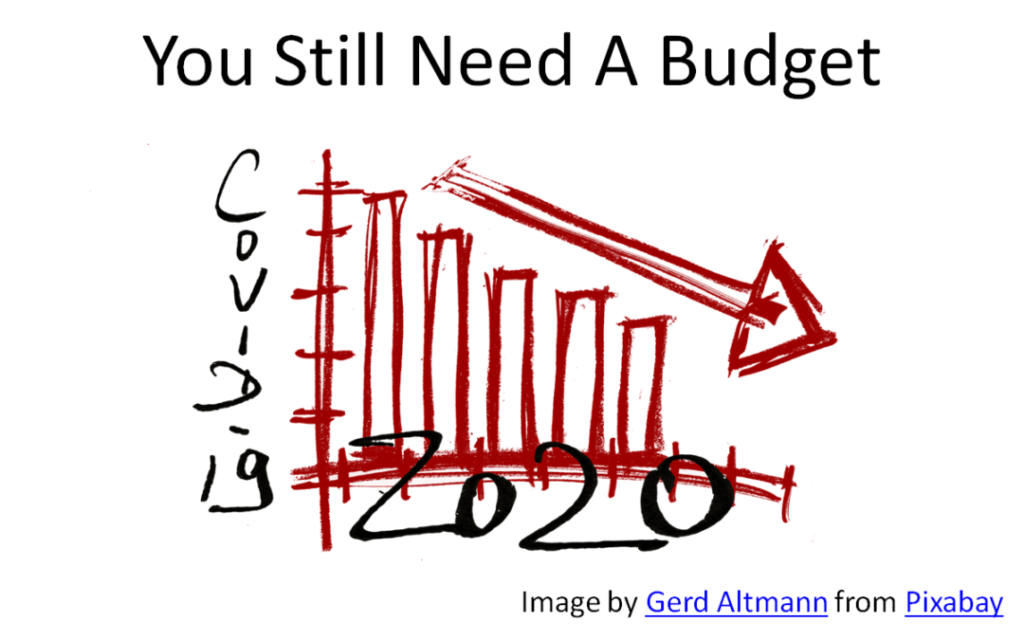The CEO of YOU™ Common Sense Budget

“We must consult our means rather than our wishes.” ― George Washington
Before you can make money, you need to figure out how to spend it wisely. This means creating a common-sense budget based on your current means rather than your wishes. A well-constructed budget helps you track your finances, plan for future growth, and stay on the path to long-term success.
Creating a budget is essential for turning your practice success dreams into reality. It’s a vital tool that allows you to monitor cash flow, practice expenses, and the revenue you need to sustain and grow your practice.
By committing these numbers to paper, you enhance your chances of meeting financial goals by anticipating future needs, expenditures, and profits. A budget also helps you identify problems before they escalate, allowing you to pivot and make proactive decisions.
What is a Budget?
A budget is a financial document used to estimate and plan for future income and expenses. Just like with personal finances, you can create a budget for your practice. You can use traditional tools like paper and pencil or digital solutions such as Excel, Mint.com, Quicken, or QuickBooks.
Your practice’s budget provides critical insights into how much you can spend each month and how much you can draw as a salary or income. To build a profit-driven budget, start with your necessary expenses and then factor in your desired profit. This way, you’ll know how much income you need to make your budget work.
For example, if your goal is to net a $15,000 profit per month, calculate all your monthly expenses and subtract them from your income. If the difference is $15,000, you’ve balanced the budget with the required profit. If it’s less, you’ll need to either cut expenses or increase your income.
Need help creating a profit-based budget? Click HERE to contact us for assistance.
Why Your Practice Needs a Budget
A budget does more than just keep your practice afloat—it provides a clear financial picture. It helps you understand how much money you have, how much you need to spend, and how much revenue is necessary to achieve your goals. Here’s why you need a budget:
- Financial Clarity: It gives you a snapshot of your finances, enabling better decision-making.
- Investment Readiness: Banks and investors often request a budget when considering loans or investments.
- Employee Awareness: A shared budget helps employees understand the practice’s direction and motivates them to contribute.
- Risk Management: Before signing a new lease or purchasing equipment, a budget helps ensure that you can afford these investments without financial strain.
According to the U.S. Small Business Administration, a budget can be used to project:
- The funds are required for labor, materials, or other costs.
- Total startup costs for new businesses.
- Operational expenses.
- Revenues are necessary to maintain the practice.
- A realistic estimate of expected profits.
You can use this data to adjust your business plans or projections and update your budget with actual numbers every month. If you fall short of your financial goals, use your budget to troubleshoot: reduce unnecessary expenses, increase marketing efforts, or lower profit expectations.
How Do I Create a Common-Sense Budget?
The process for preparing a monthly budget for your practice involves these key steps:
- List All Income Sources: Include all payments from patients and third-party payers. Since insurance payments don’t arrive immediately, deduct a percentage for anticipated delays based on past trends.
- List Fixed Expenses: These are monthly costs like rent, utilities, and phone services. If these fixed expenses are too close to your expected income, you may struggle to pay them. Consider ways to reduce or convert them into variable expenses.
- List Variable Expenses: These include payroll and the cost of goods. Payroll can fluctuate based on the number of hours worked, and the cost of goods is tied to sales—fewer patients mean lower lab bills.
- Include Marketing and Patient Acquisition Costs: To grow your practice, advertising is a must. Allocate a portion of your budget to acquiring new patients, and adjust the amount depending on whether your practice is new or established.
- Create Budget vs. Actual Columns: Compare your projected and actual income and expenses. This lets you see if your practice is on track and allows for month-to-month adjustments.
Review your budget monthly to ensure you’re hitting targets and to plan for the next month.
Important Tips for Budgeting:
- Estimate Conservatively: Be pessimistic about income and expenses. It’s better to be prepared for unexpected financial hiccups.
- Budgeting is Common Sense: Budgeting doesn’t have to be complicated. If you earned $300,000 last year, it’s unrealistic to expect $1 million this year. Estimate growth modestly and adjust your budget as necessary throughout the year.
Recommended Budgeting Tools
Here are some free budgeting tools that can make the process easier:
- Empower Personal Finance: Take control of your money now with Empower Personal Dashboard™. Manage your assets and investments, and get objective advice and strategies.
- Microsoft Budget Templates: Offers rolling budgets, expense budgets, and annual operating budgets for small businesses.
- Business Owners Idea Café provides a first-year business budget calculator for input of startup, monthly, and personal expenses.
- 12 Tips to Achieve Financial Freedom: This book offers the foundation for achieving your financial goals.
- Rich Woman: This is an audiobook on investing for women. Why an investment book written just for women? There’s a very good reason. The how-to’s of investing; how to buy and sell a stock or how to find a profitable rental property are the same for men and women.
A Few Important Questions to Ask Yourself
- Do you have a “common sense” budget for your practice?
- Are you reaching your financial target goals?
- Can you use your budget to troubleshoot financial issues?
If you answered “no” to any of these questions, we can help. Our CEO of YOU™ Practice Consulting is designed to help you create a financial success blueprint for your practice. We specialize in helping ODs develop practical budgets that support sustainable growth.
Click HERE to learn more about our consulting programs.
Until next time, remember to dream big, take risks, and become the CEO of YOU™!






Responses